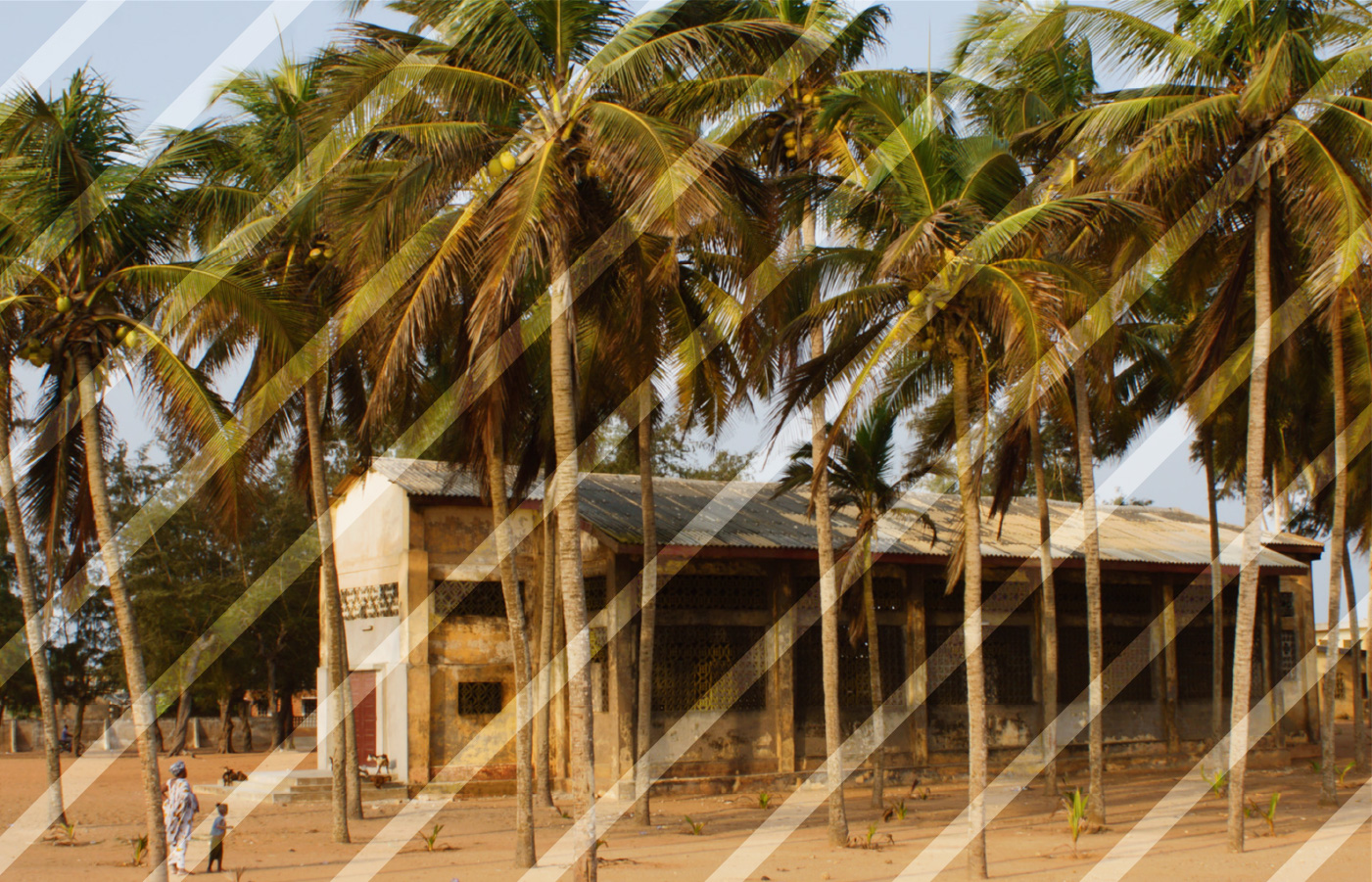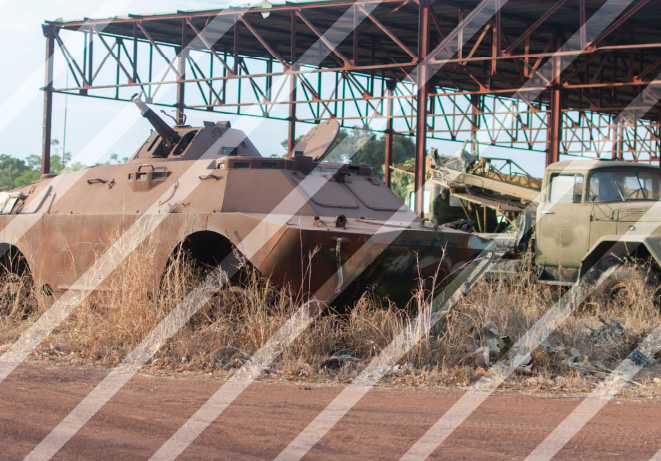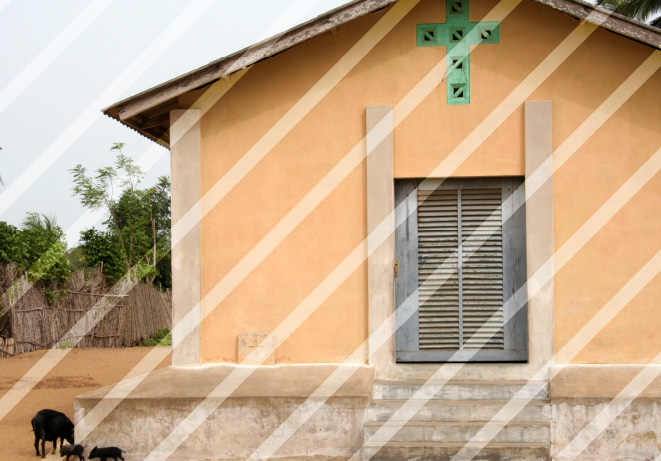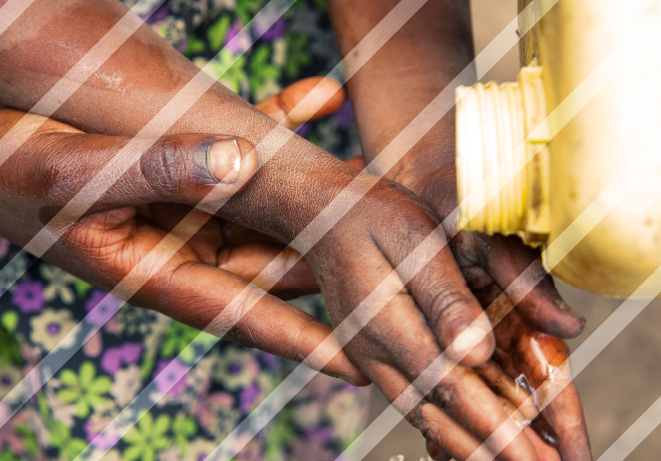Since Cain killed Abel in Genesis 4, the world has been afflicted by conflict, war, and violence. Today we see everything from personal discord and community conflict to political unrest and regional wars. What is our role as followers of Christ, and what is it like being a missional church in the context of violence and war?
This dilemma is a daily question for churches in eastern Democratic Republic of the Congo (DRC), from whom we can glean valuable insights about the contextualization of mission by local churches and their leaders during the recent wars in that region. While Congolese mission work faces many challenges, there is hope from the experience of the church and indigenous mission agencies undertaking mission in the context of war, violence, migration, and conflict.[1]
The War Zones: A Missiologically Neglected World
The major causes of war in eastern DRC have been identified as being the ethnic identity crisis, the political agenda of warlords, and their backing of countries and the multinationals’ greed for Congolese minerals.[2] The ongoing war has exposed communities to internal displacements, migration, rape, food scarcity, poverty, and famine, among other challenges. DRC has been acknowledged as ‘the rape capital of the world’ because ‘while the country was trapped in conflicts, the use of rape as a weapon of war was rampant and unyielding’ to the extent that ‘over 200,000 rapes have been reported since the war started’ to the year 2012.[3]
The ongoing war has exposed communities to internal displacements, migration, rape, food scarcity, poverty, and famine, among other challenges.
The growth of Christianity in DRC is evident over the last century. David Barrett shows that Christians in DRC were 1.4 percent of the total country population in 1909.[4] This number grew to 90.3 percent in the mid-1970s and 97.0 percent in the year 2000. Interestingly, the fastest growth was during the last two decades of the twentieth century, which included the time of the civil revolt in the 1980s and the first decade of war in eastern Congo in the 1990s. The deteriorating economic situation sparked rioting in the early 1990s and led to the withdrawal of expatriate missions personnel from some parts of the country including eastern Congo. And yet the Congolese church was active.
Andrew Scott Moreau and his colleagues state that even after the exit of expatriate mission personnel, ‘the vitality of the [Congolese] church sets it within the top 10 non-Western nations sending out their own missionaries for cross-cultural ministry both within and beyond their borders.’ In a meeting with a group of former missionaries in DRC in Oxford, United Kingdom, someone said, ‘Western mission agencies seem less interested in Congo due to it being French-speaking and the war there.’ Moreau replied, ‘But this should be taken as a calling for Christians in Congo to join God in world mission.’
Our hearts and minds must submit to God’s sovereignty even in the most difficult situations, seeing gospel opportunities when the world sees conflict.
A Theological Response to War and Conflict
If sin causes selfishness, anger, and hatred, then conflict is inevitable when sinful people put their agenda above the wellbeing of others. There is no sign that war will end soon in DRC, nor will it end around the world. Jesus said there will be conflict and wars until he returns (Mark 13:7–8). What should our response be, living as followers of Christ in a world in conflict? Humanly speaking, we often think that conflict should pause our ministries. We may pause our strategies, but we should not pause our heart to serve. Because God does not stop working, we, his body, must not stop.
Our hearts and minds must submit to God’s sovereignty even in the most difficult situations, seeing gospel opportunities when the world sees conflict.
For example, many churches and ministries gathered support for those suffering when the war in Ukraine began. One church in Romania immediately began hosting refugees who were fleeing across the border. Later, they began sending food supplies to another church in Ukraine. Today, many around the world have seen and felt the love of God through the church’s sacrificial response to the war in Ukraine.
In response to war, the church may be tempted to shift away from mission. If the church fails to see that the gospel can bring peace to the most difficult situations, it will confine the gospel to the church’s pulpit instead of discovering contextual discipleship that addresses growth, hope, and social concerns, including poverty and peaceful coexistence.[5] As believers in the gospel, we know that when sin and chaos abound, so do opportunities for God’s grace and love. Jesus said, ‘Do to others what you would have them do to you’ (Matt 7:12, NIV), and, ‘Love your neighbour as yourself’ (Mark 12:31, NIV). Thus, the church’s response to war requires action, both in ministry and mission, undergirded by theology. And it would be wise for the church to proactively consider how to initiate ministries in the context of war.[6]
Adam’s Story: God at Work in the Midst of War
Adam (pseudonym) is a nurse who came from the war-torn zone of Congo to attend the intensive class run by the Centre for Intercultural Mission and Research in Goma, a city in eastern DRC. He was astonished to discover how the world was lost, and wanted to be part of God’s rescue mission. For his practicum, he decided to mobilize and empower five churches from his hometown.
As Adam was standing on the pulpit with his Bible in his hand, he was kidnapped by former Rwandan rebels, who took him to the jungles of Congo. On their journey into the deep jungle Adam volunteered to attend to a rebel who received a bullet in his chest during the raid. He managed to extract the bullet from the chest and stop the bleeding. Upon arrival he asked his fellow hostages to join him in prayer to thank God for journey mercies and to ask him to forgive their kidnappers.[7] During his captivity, he witnessed how innocent civilians were slaughtered and others suffered sexual violence and slavery. As he expected himself to be killed, he decided to share the love of God with the rebels’ commander: ‘God loves you and can forgive you if you repent from your sin. You are allowing the murder of innocent people, repaying the good of Congolese people who welcomed you in the country with evil. If you don’t repent, God will punish you with eternal damnation. Accept Jesus as your Saviour. He loves you and is ready to forgive you. He died on your behalf on the cross of Golgotha.’
The commander wept and decided to test Adam. Around 30 hostages were brought in, men and women whose families had failed to send ransom for their freedom. Adam was asked to choose between himself and these hostages—one side had to be killed. He responded, ‘I prefer being the one to be killed. After you kill me, I am going straight to heaven, but these men and women are much needed by their children, and some of their families are still mourning them. Please release them.’ Then one rebel exclaimed, ‘For the very first time of my life, I have seen Jesus face to face.’ So they released the hostages and told them to go back to their people and tell them that Jesus appeared to them in the jungle and died on their behalf.
This gave Adam a breakthrough to share the love of God in three rebel camps, and the commander and 63 rebels accepted Jesus. As he toured nine rebel camps under his commandment, the commander would introduce Adam’s sermons with tears, saying, ‘Come and listen to what no man who came here ever told me in this jungle for the last 20 years.’
Adam was released together with his two colleagues. Upon his release, he returned home, and a few months later the commander decided, together with 10 other rebels, to surrender their guns in obedience to the gospel message. They reported to the nearest UN Peacekeeping force, which led them back to their country. Later the DRC army was able to dismantle that very camp in which Adam was captive. Today Adam is involved in discipling rebels and militiamen whenever he has the opportunity as he serves as a head nurse.
Strategies for Sharing the Gospel in Conflict Zones
Adam’s story demonstrates the power and potential impact of the gospel despite suffering. It reveals that the gospel can cease conflict by ending war in our hearts against God. Only when humans are healed by an encounter with God’s love can they lay down their weapons and pick up the cross of love instead.
The need for making disciples in conflict zones will continue. Whenever there is war and chaos, people feel out of control. In response, Christians in eastern Congo often turn back to traditional beliefs and witchcraft to fight against aggression. Others, like refugees in large cities, turn to false hope in the prosperity gospel.
Addressing these dynamics requires prayerful and contextual discipleship. Though there will not be one solution to our response to conflict, we know that the Great Commission calls the church to make disciples of all nations, teaching them to obey the Lord’s commands. This means that the church can respond in any situation, in peace or in conflict, tactfully using Scripture as a foundation for shaping Christlike disciples.
One example is Oasis of Hope, a program in DRC created to raise up individuals like Adam. It equips Christian leaders who have experienced persecution to go back to their people to be proactive witnesses for Christ and to serve civilians who have gone through rape and violence.[8] What brought healing to these traumatized leaders is Scripture and therapy, helping them to integrate their experience into a biblical worldview and reconcile with those who persecute them by bringing shalom back into their broken world.
Finally, it is essential to examine what Apostle Paul reminds the church in Ephesus, ‘Our battle is not against flesh and blood’ (Eph 6:12, NIV). This principle radically shifts how we enter and minister amidst conflict. Remember that Paul, who writes this, was himself hostile and violent against the church. Ministry and salvation are works of God alone. We, therefore, do not fight against people. Rather, we enter these situations with humility and dependence on God to help save people—even the most violent who may be persecuting us.
ENDNOTES
- Editor’s Note: See ‘Growing Churches in Hostile Contexts’ by Phill Butler in the September 2021 issue of Lausanne Global Analysis, https://lausanne.org/content/lga/2021-09/growing-churches-in-hostile-contexts.
- Eraston K. Kighoma, Church and Mission in the Context of War: A Descriptive Missiological Study of the Response of the Baptist Church in Central Africa (CBCA) to the War in Eastern Congo between 1990 and 2011 (Carlisle, UK: Langham Monographs, 2021), 82.
- Carly Brown, ‘Rape as Weapon of War in the Democratic Republic of the Congo,’ Torture 22, no. 1 (2012): 24–36.
- David Barrett ed., World Christianity Encyclopedia: A Comparative Survey of Churches in the Modern World, A.D. 1900–2000 (Nairobi, Kenya: Oxford University Press, 1982), 758.
- Kighoma, Church and Mission, 5.
- Editor’s Note: See ‘Lessons from Christian Peace-Building in Kenya,’ by Paul Borthwick with Jean-Paul Ndagijimana in the September 2013 issue of Lausanne Global Analysis, https://lausanne.org/content/lga/2013-09/lessons-from-christian-peace-building-in-kenya.
- Editor’s Note: See ‘Witnessing to the Gospel through Forgiveness’ Wafik Wahba in the January 2018 issue of Lausanne Global Analysis, https://lausanne.org/content/lga/2018-01/witnessing-gospel-forgiveness.
- Centre for Intercultural Missions and Research (CIMR), Goma, Democratic Republic Congo, is an indigenous mission agency mobilizing the Congolese for mission.



